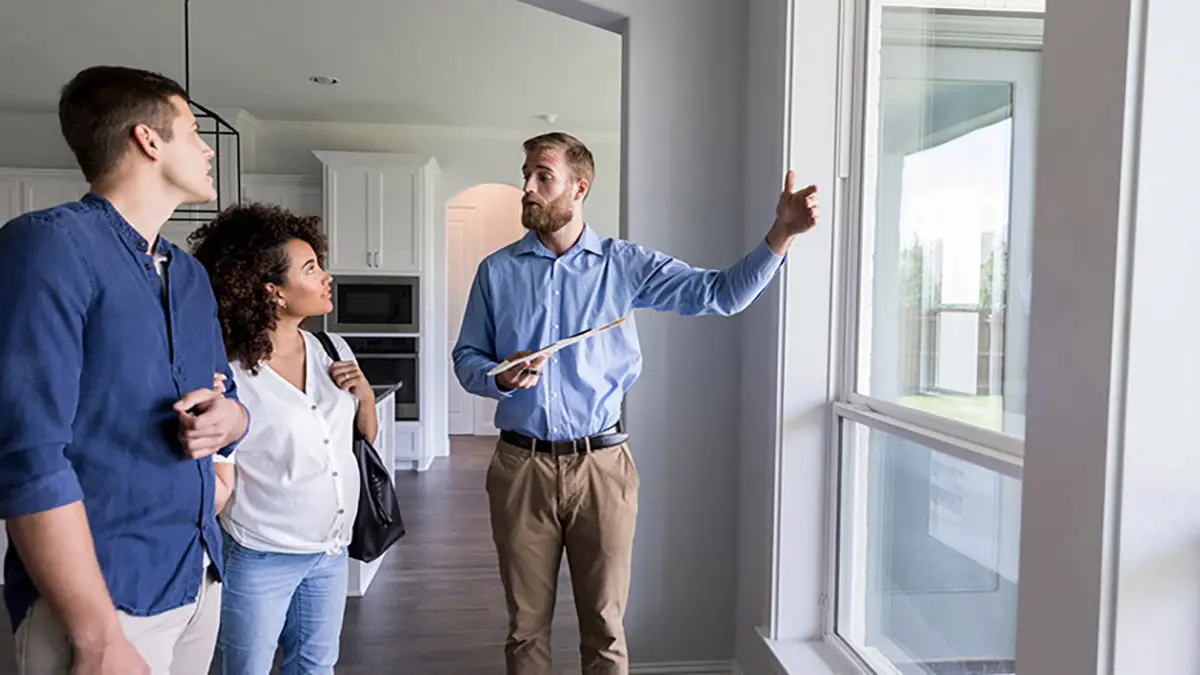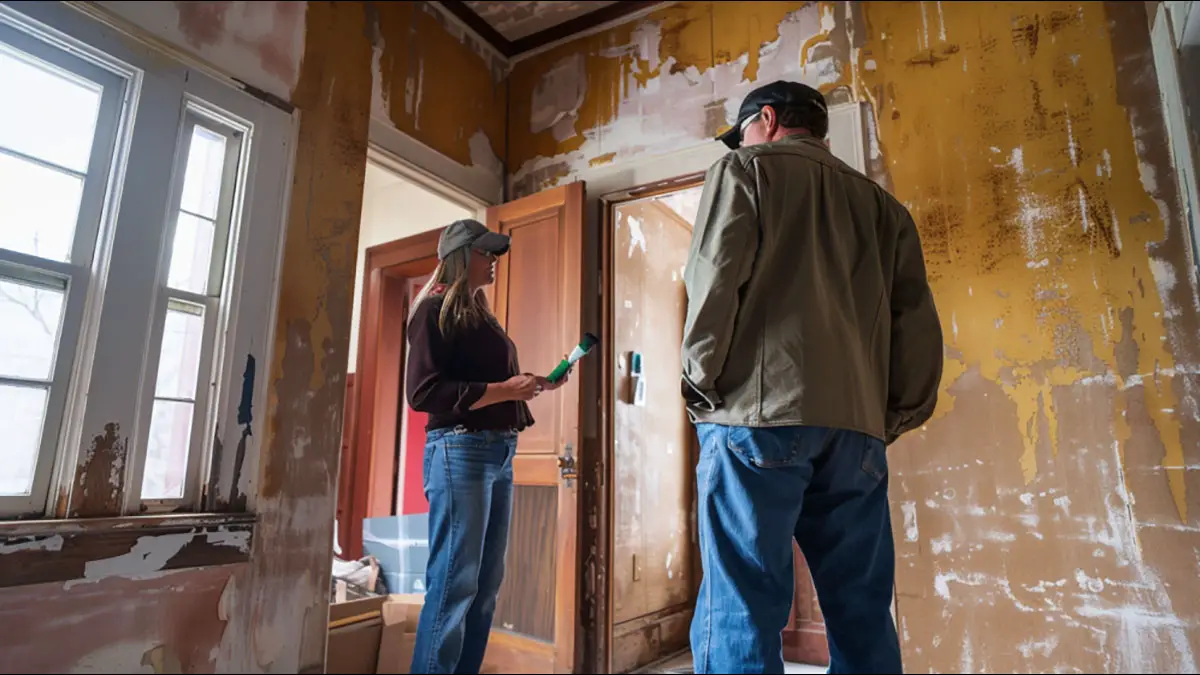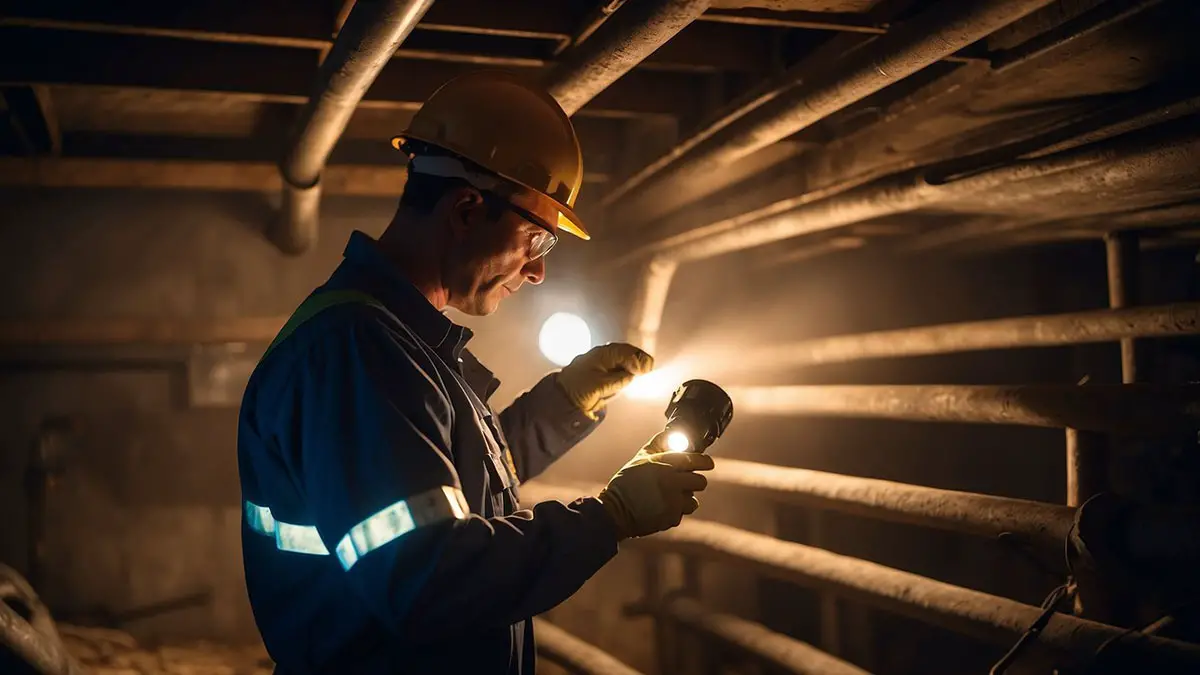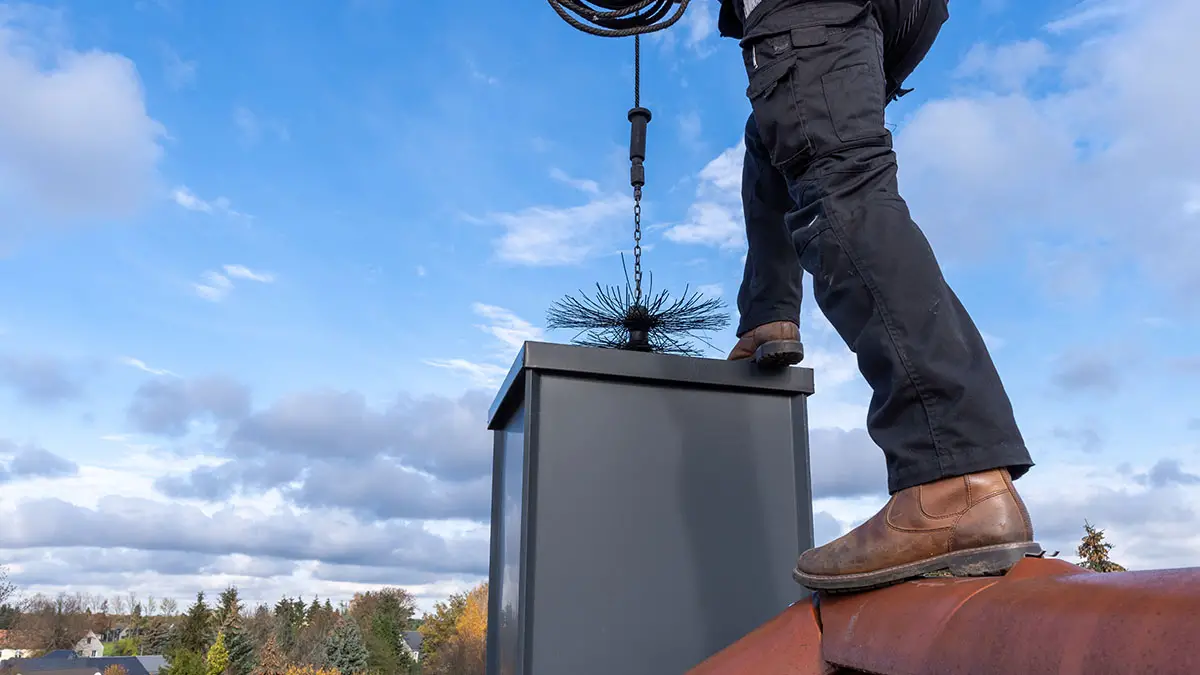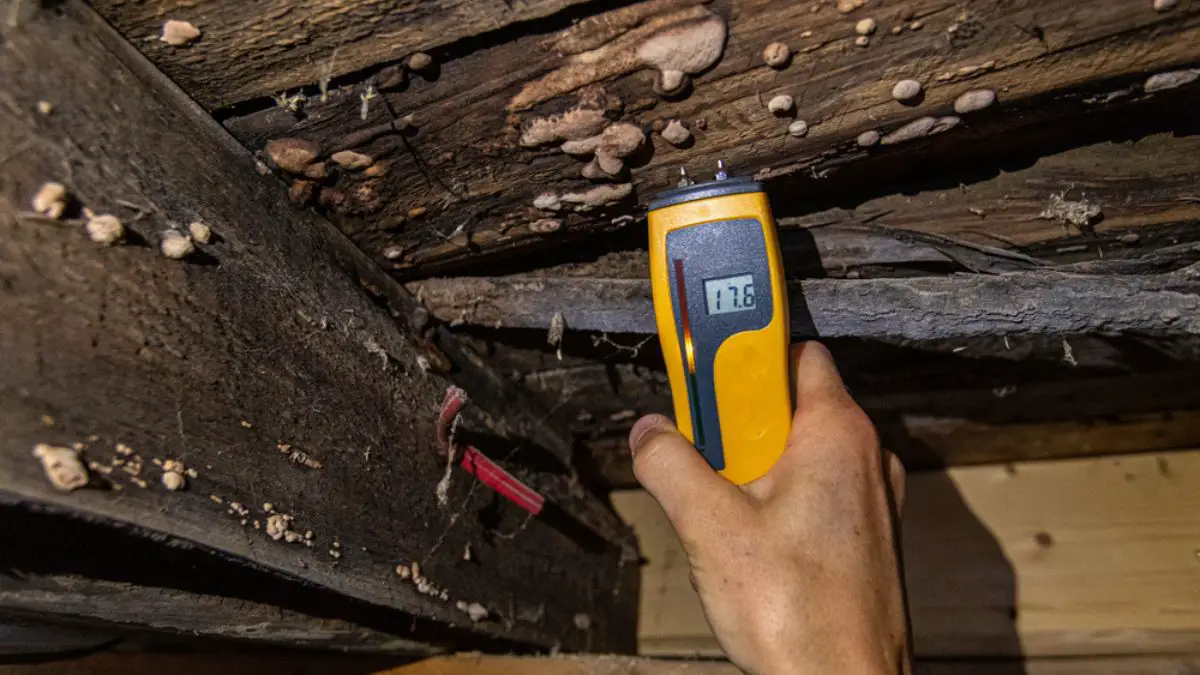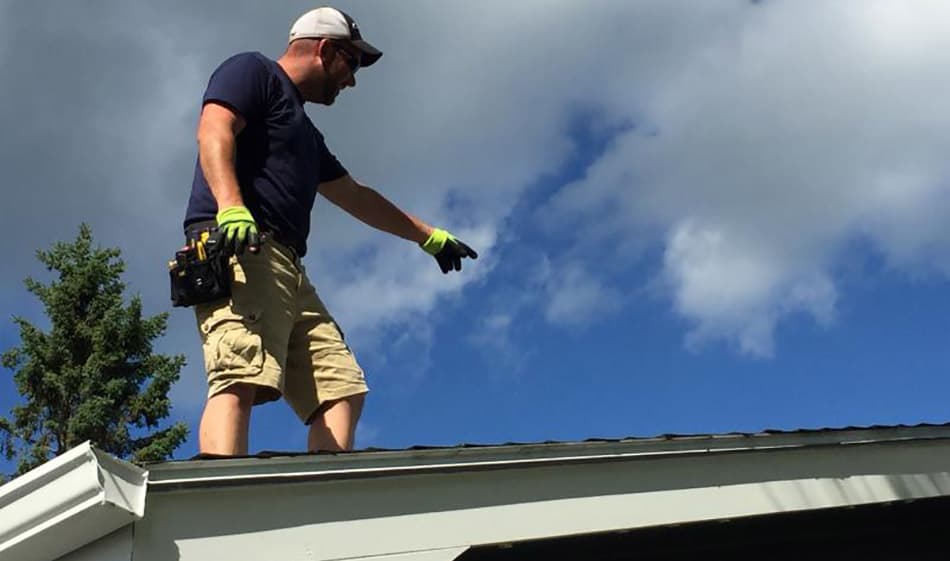
A prospective buyer will likely order a home inspection as part of the real estate transaction buying process. When scheduling a home inspection, buyers and sellers often ask, “How long does a home inspection take?” After conducting thousands of home inspections, we can confidently answer this question.
A thorough home inspection of a 2000 square foot house takes 2 to 3 hours for a solo home inspector. You can add 30 minutes for every 500 square feet of living space. Many home inspectors work in 2 person teams and can do a thorough home inspection in 1 to 2 hours.
Many factors go into the average home inspection time. There is no one set answer, and every home inspection is different. The home inspection process is quite lengthy. Below, we will explore some factors that affect how long it takes to inspect a house from start to finish.
It’s important to remember that a home inspection is a visual inspection. Your home inspector will look for visible defects and potential issues inside accessible areas of the home. Your home inspector does not move furniture or other obstructions which could conceal major issues.
A standard inspection will be looking for the following:
- Structural issues
- Safety hazards
- Electrical issues
- Plumbing issues
- Roof problems
- Other hazardous issues
Any of the following can affect the average home inspection time:
- The home inspector’s experience – You should select a home inspector who has performed a minimum of 100 fee-paid inspections and has one year of experience.
- The house size – The standard house is between 1500-2000 square feet. You should add 30 minutes for every 500 square feet of living space. So you should expect a 3500 square foot house to take approximately 4 to 5 hours for a solo inspector. A home inspection company with multiple inspectors often works in teams of 2 or 3 to speed up the inspection process.
- The condition of the house – The house is pristine and has less to document. Therefore, it can be inspected in less time. A home with numerous defects will take considerably longer. Older homes tend to have more safety issues than new homes.
- The age of the house – Older houses present unique conditions that take time to sort through thoroughly. Older houses are prone to structural issues that can take longer to inspect. A 100 year old home will take additional time. You should add at least one hour for old houses.
- The number of major systems in the house – Larger homes have multiple heating and cooling systems, water heaters, etc., and therefore take longer to inspect. An HVAC system takes about 15 to 30 minutes to check per system. A water heater takes about 5 to 10 minutes to inspect.
- What type of foundation does the house have – You should add 30 minutes to your inspection time for homes with crawl spaces or basements.
- Weather conditions at the time of inspection – Weather conditions can slow down, and inspection, depending on severity, could require rescheduling. Most home inspectors will still inspect when it’s raining, but some things may be limited.
- Interaction with the client, homeowner, and agent – Most home inspectors will review their findings and allow the client to ask the home inspector questions about the property. Depending on the number of deficiencies, this could take 30 minutes.
- The report delivery time – Typically, you should expect the inspection report to be delivered within 24-48 hours. Through technology, some home inspectors can generate and deliver a detailed report on-site or within a few hours of the inspection.
How Much Experience Does the Home Inspector Have?
The home inspector’s experience significantly affects how long it takes to complete the home inspection. When I started as a home inspector in 2002, I had to take my time and analyze situations carefully to diagnose the issues accurately. As I gained experience, my inspection time greatly improved.
It is recommended that the home buyer research and choose their home inspector rather than let their real estate agent select them. You can quickly locate a Certified Master Inspector® online. A Certified Master Inspector® is an experienced home inspector who meets the following qualifications:
- Has completed 1,000 fee-paid inspections and/or hours of education (combined);
- Has been in the inspection business for at least three years;
- Agrees to abide by the inspection industry’s most stringent Code of Ethics
- Agrees to periodic criminal background checks
You can locate a Certified Master Inspector near you by visiting the Certified Master Inspectors Board Website at https://certifiedmasterinspector.org/members.
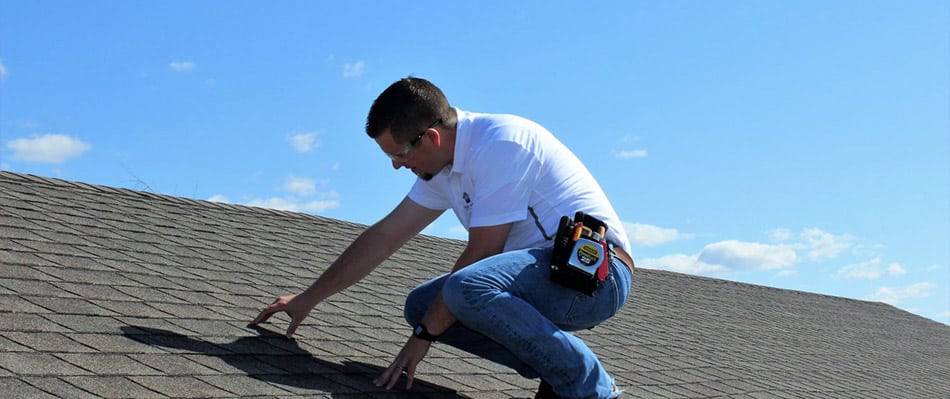
What’s the Size of the House Being Inspected?
Generally speaking, a home inspector can thoroughly inspect a 1500-2000 square foot house in good condition in 2 to 3 hours. You can add an estimate of 30 minutes for every 500 square feet above that. It’s not uncommon for a home that’s 3500 square feet to take 4 to 5 hours to inspect due to the size and number of systems present.
What’s the Condition of the House Being Inspected?
The house’s condition is probably the most significant factor affecting how long a home inspector takes to inspect a house.
Houses that require many defects to document, whether the repairs are minor or major defects, take a long time and can easily add an hour or more to the inspection time.
I’ve inspected 2000 square foot houses in generally good condition in 2 hours, and I’ve also inspected similar homes in deplorable conditions in 4 hours.
What’s the Age of the House Being Inspected?
The house’s age also bears how long it takes to inspect a home thoroughly: older homes, particularly those 100 years old and older, present unique problems. Dated electrical systems require a comprehensive examination. Often, in older homes, an inspector will find partial and incorrect updates that require correction.
A few examples of this are:
- Modern Romex wiring is connected to the outdated knob and tube wiring.
- Numerous electrical subpanels or obsolete fuse boxes.
- Rusted cast-iron piping and PVC piping are improperly connected.
- Galvanized piping is connected with other types of piping like copper, CPVC, PVC, or Pex piping.
- Improper structure repairs to floors, walls, or ceilings.
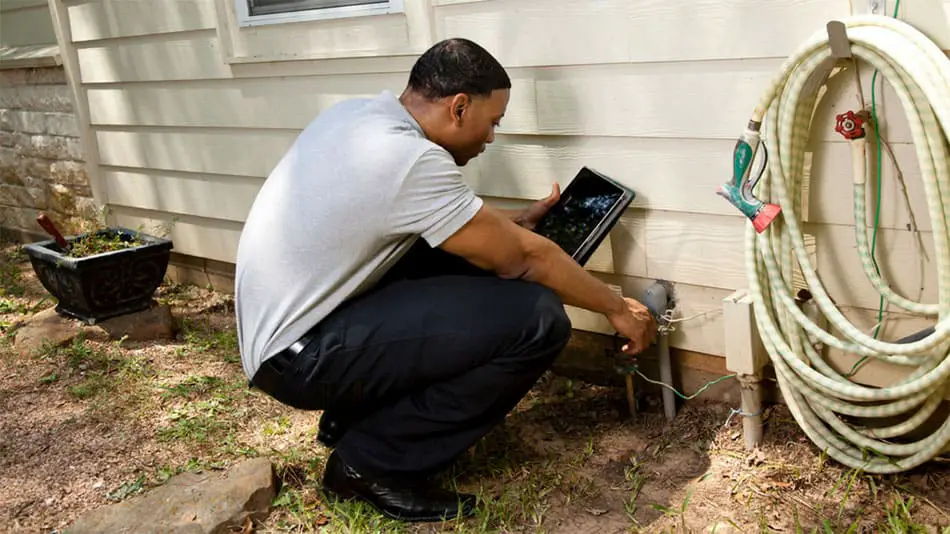
How Many Mechanical Systems does the House have?
Larger homes often have multiple heating and cooling systems, water heaters, and many appliances. Larger homes will also commonly have detached structures such as swimming pools, spas, outdoor kitchens, etc., which add to the inspection time.
It is common for homes in the 4000 square foot range to have three heating and cooling systems, two electrical panel boxes, and two water heater systems.
What Kind of Foundation does the House have?
If a home has a crawl space or basement, you can expect to add a minimum of 30 minutes to the inspection time. While access to the home structure is helpful, it does present a unique set of challenges not present in slab foundation homes.
In a crawl space, not only is the inspector examining the wood structure and foundation, but the inspector is also inspecting plumbing pipes, ductwork, electrical wiring, moisture levels, etc.
Weather Conditions at the Time of Inspection
Weather conditions on the home inspection day can affect a home inspector’s ability to inspect thoroughly. While rain is good for locating roof leaks, it can hinder the inspection in other ways.
If it’s raining or snowing, depending on the amount of rain or snowfall, the inspector’s ability to inspect exterior systems such as the roof, siding, doors, and windows may be jeopardized. If the weather is bad enough, the home inspector may need to reschedule.
Interaction with the Client, Homeowner, or Agent
While I always encourage a home buyer to be present for the inspection, I respectfully ask them to do my complete home inspection and hold their questions until the end, and we can discuss them.
Each home inspector has a set routine they use to examine the house. When a home buyer follows the inspector around and asks random questions, it can distract and extend the inspection length. More importantly, it can cause your home inspector to miss a major defect they usually would not because a client altered their routine.
I will often spend as much as an hour going over every inspection detail with the home buyer after completing the examination. During this time, I can give them my undivided attention and answer any questions they may have that I did not address in my summary.
The Home Inspection Report and Delivery
In years past, it wasn’t uncommon for an inspection report to take 24-48 hours to be delivered after the site visit. The days of snapping pictures, downloading photos, resizing photos, editing photos, and writing the inspection report in Microsoft Word are over for the most part.
Technology has advanced the home inspection industry to the point where it is expected that home inspectors can complete the inspection report on-site right on the inspector’s smartphone or iPhone. My inspection reports are now 90% complete before I leave the property. Technology has allowed inspectors to document repair notes and snap pictures during the examination.
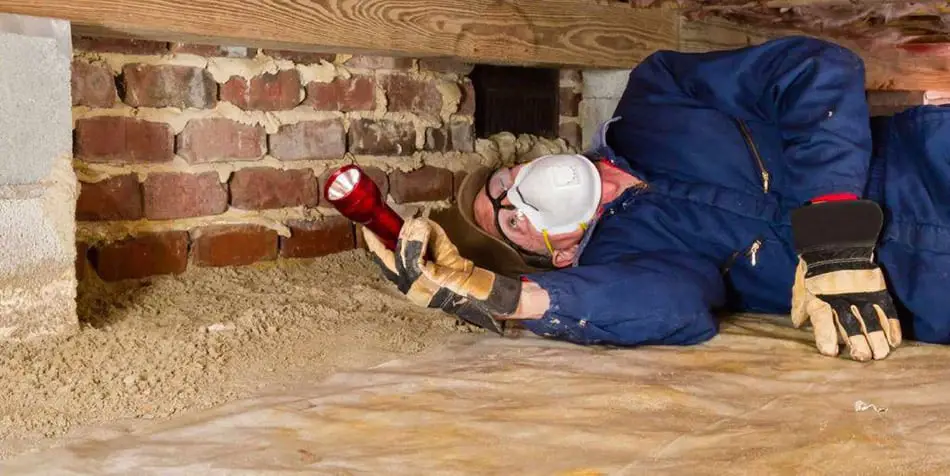
How Long Does a Termite Inspection Take
A termite inspection is a wood-destroying organism (WDO) report that lenders require. Some home inspectors do these, but pest control companies do most. The inspection can take about 30 minutes to 1 hour and includes a short report.
Related Questions
Does the seller get a copy of the home inspection report? The home inspection report belongs to the client, typically the prospective buyer. If there are repair recommendations, it is customary for the home buyer to share the inspection report with the seller only if they seek a repair request or repair credit. The home inspector must receive permission to share the inspection report with anyone other than the client.
When should you walk away after a home inspection? After the client has received the home inspection report, they’ll review the inspection report with their real estate agent. If the inspection report identifies recommended repairs, the buyer’s agent will draft a repair addendum to request the seller make the necessary repairs or provide a repair credit.
If the seller refuses to negotiate and does not agree to major repairs, the buyer may decide to walk away after the home inspection. A purchase agreement with a home inspection contingency could allow the buyer to exit the agreement and get an earnest money refund.
What will fail a home inspection? A home inspection is not a pass or fail grade. Although sometimes it can feel that way. Home inspectors are not building code enforcers and do not have the legal authority to fail a home inspection.
However, the home inspector will provide the client with a clear picture of the actual condition of the house, including information on the age of the mechanical, electrical, and plumbing systems. In many ways, a home inspection that reveals major issues can seem like a failed home inspection.
What is a home inspection checklist? A home inspection checklist lists items a home inspector should inspect as part of the Standards of Practice. Knowing what a home inspector is looking for can help you get a house ready to sell or serve as a pre-inspection checklist. See our free home inspection checklist.



